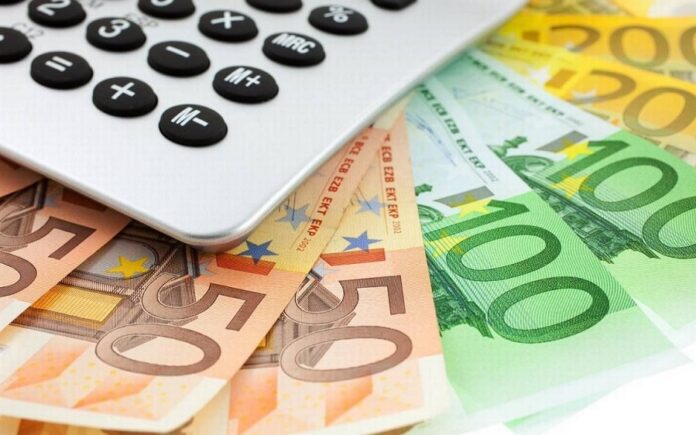Sanctioned Russian assets frozen in Belgium have generated nearly €3 billion in profits as European Union states continue to haggle over what to do with the money, according to Bloomberg.
Euroclear results released Thursday show that the immobilized assets have generated €2.9 billion from the time they were frozen through the third quarter of this year. That figure is expected to continue to rise.
The figures from the Belgium-based clearinghouse will likely intensify the EU’s debate over how swiftly to pursue plans to apply a windfall tax on the profits generated by frozen Russian Central Bank assets and tap those proceeds for Ukraine’s reconstruction.
Estimates suggest that more than €200 billion of the sanctioned sovereign assets are in the EU, with the majority at Euroclead. Smaller amounts are located in other Group of Seven jurisdictions and elsewhere.
The EU’s executive arm is pushing to move forward quickly with the windfall proposals despite cautions from some member states that want to proceed more slowly and concerns at the European Central Bank. European Commission President Ursula von der Leyen originally said she would present a plan this summer.
EU leaders plan to discuss the topic at a two-day summit starting Thursday in Brussels.
“Decisive progress is needed, in coordination with partners, on how any extraordinary revenues held by private entities stemming directly from Russia’s immobilized assets could be directed to support Ukraine and its recovery and reconstruction, consistent with applicable contractual obligations, and in accordance with EU and international law,” said a draft summit statement seen by Bloomberg, which may still still change before it’s approved by leaders.
The windfall tax concept has been endorsed by the US. Most G-7 nations have said that the frozen assets should not be unblocked until Russia pays for the damage it has done in Ukraine.
Earlier this month, Belgium said it will invest €1.7 billion next year to assist Ukraine by drawing on its own domestic tax revenue from the frozen Russian assets.
Euroclear is retaining the profits until the situation becomes clearer. In its results, Euroclear notes that managing the assets has cost €34 million. International sanctions, as well as Russia’s countermeasures, have negatively impacted business income by €18 million, the clearinghouse added.
Various parties in Russia have initiated legal proceedings to unblock the assets, mostly in Russian courts. “Euroclear is defending against all relevant legal claims and intends to continue to do so against any further claims of this nature,” its release said.
Analysis by Bloomberg of Russian court records found more than 40 claims, targeting over 200 billion rubles ($2.1 billion) in blocked assets. Among those that have filed claims are Pervaya Management Co, Sovcombank, Rosbank, and Sberbank.


